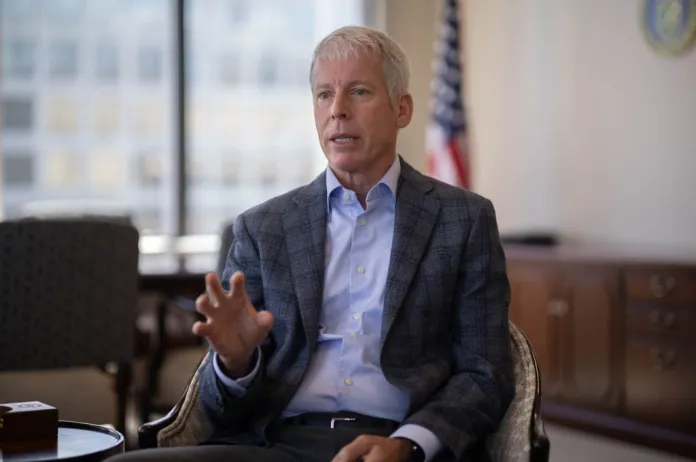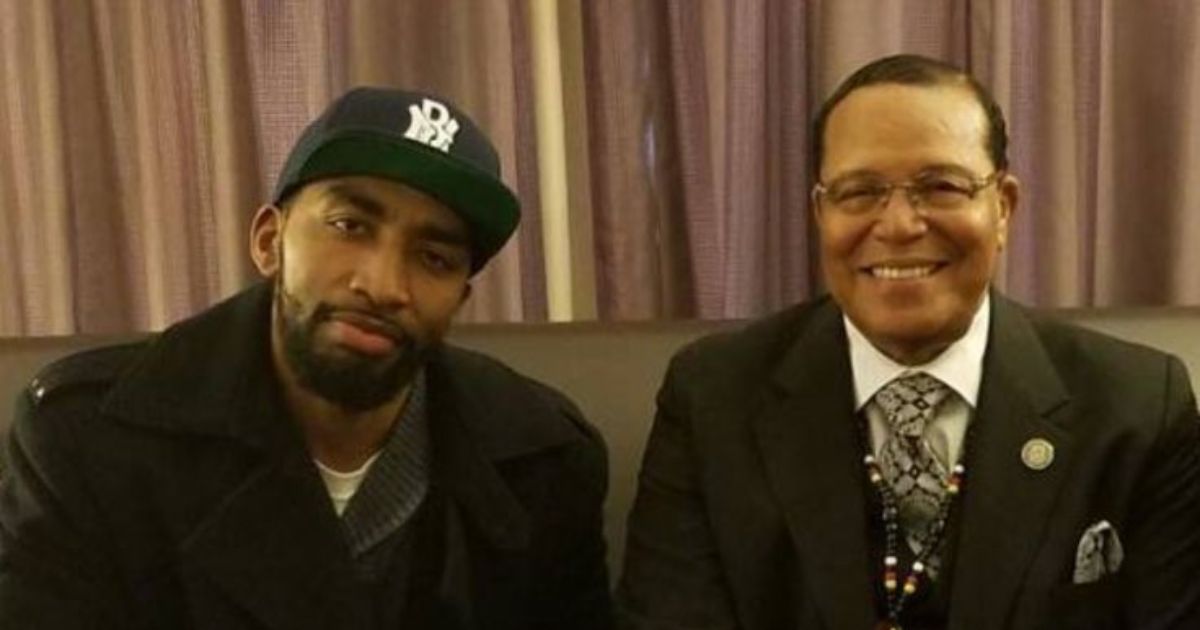Omnibus Redefines Criminals As ‘Justice-Involved Individuals’
The article discusses a new House omnibus bill led by GOP Speaker Mike Johnson, which is proposed to redefine how individuals involved in the criminal justice system are labeled. Instead of using traditional terms like “criminal offenders,” the legislation suggests the term “justice-involved individuals” to describe those charged or convicted of crimes. this move is criticized for attempting to downplay the seriousness of criminal behaviour and reshape public perception through euphemistic language.The bill spans 1,547 pages and further changes terms for various groups,such as referring to “out-of-school youth” as “possibility youth” and “homeless individuals” as “individuals experiencing homelessness.” The article argues that this linguistic shift is a tactic often employed by Democrats to disguise policy proposals.
The Merriam-Webster Dictionary defines “criminal” as “one who has committed a crime.” The people sworn to represent you and your interests, on the other hand, want to use the newly introduced House omnibus bill to define juveniles or adults charged, convicted, incarcerated, or even sentenced to ankle bracelet monitoring for crimes as a “justice-involved individual.”
The 1,547-page legislation representatives led by GOP Speaker Mike Johnson hope to pass to fund the federal government through March 2025 is packed with oodles of pork that guarantees the survival of many of federal bureaucrats’ favorite pet projects. In addition to throwing taxpayer dollars at the state department program known for demanding the censorship of free speech champions like The Federalist, the lengthy legislation aims to revise widely accepted terms in favor of ones often championed by Democrat revisionists.
For years, federal laws have accurately branded people who break the law as “criminal offenders.” The passage of the newly introduced House omnibus would change that by marketing the outlaws — specifically those in the Workforce Innovation and Opportunity Act — with vocabulary that seeks to not only downplay their criminal reputations, but words that could easily be mistaken as descriptors for superheroes.
It’s only on page 1400 of the omnibus that the euphemistic term “justice-involved individual” is formally defined as someone “who has been adjudicated delinquent or convicted of a crime and imprisoned under Federal or State law.”
The buck doesn’t stop there. If the omnibus passes, “out-of-school youth” become “opportunity youth,” “low-skilled adults” become “adults with foundational skill needs,” “homeless individuals” and “homeless children” become “individuals experiencing homelessness” and “youth experiencing homelessness,” and “welfare dependency” turns into “foster care status, school status, education level, highest grade level completed, low-income status, and receipt of public assistance.”
Repackaging language with negative connotations as ambiguous or even painting it in an optimistic light is a common tool used by Democrats to disguise and advance their radical policy proposals. When it comes to “justice-involved individuals,” leftists champion their soft-on-crime agenda, which aims to put violent criminals back on the streets instead of punishing them.
Changing “offenders” to “justice-involved individuals” may not seem like a big deal to the GOP legislators backing the omnibus but it should be. Words that have no roots in reality but instead seek to reshape narratives in favor of radicalism don’t belong in bills.
" Conservative News Daily does not always share or support the views and opinions expressed here; they are just those of the writer."




